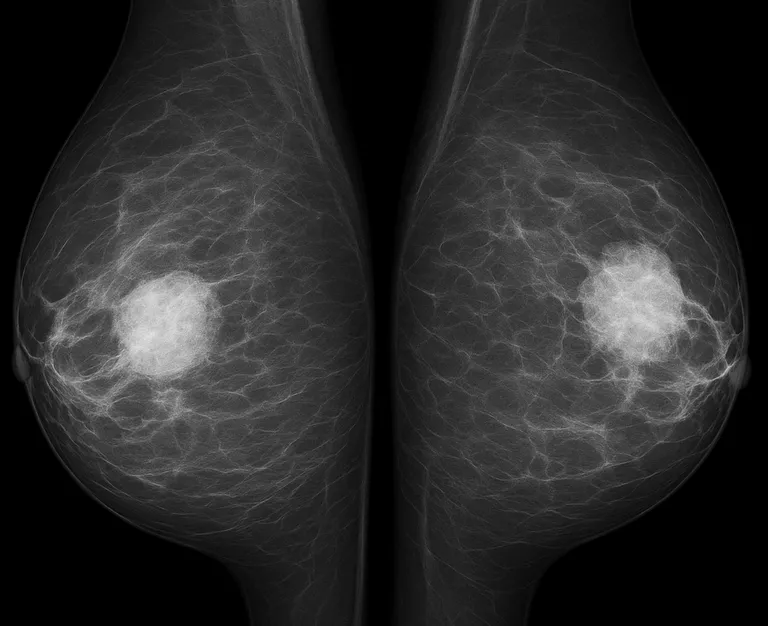Groundbreaking discovery reveals how a single protein could be responsible for the deadly spread of breast cancer.
In a major breakthrough that could revolutionize how we understand and treat breast cancer, researchers have identified a protein that plays a pivotal role in initiating metastasis—the process by which cancer spreads from its original site to other parts of the body.
According to scientists from Mar Hospital, this protein, named TIM3, acts like a molecular switch, helping cancer cells detach, travel through the bloodstream, and colonize distant organs.
“Stopping this protein could mean stopping metastasis entirely,” said Dr. Toni Calia-Terassa, lead author of the study.
Why This Matters
Metastasis is the primary cause of death in breast cancer patients, accounting for over 90% of related fatalities. The ability to pinpoint a specific molecule responsible for this deadly phase gives hope for new therapies that could save thousands of lives annually.
🔍 How the Study Was Conducted
The researchers used:
- Advanced imaging
- Gene expression profiling
- Animal models to confirm the role of this protein in cancer spread.
When the protein was blocked or deactivated, the cancer cells largely failed to metastasize, proving its central role.
What This Means for Future Treatment
This discovery could lead to:
- New targeted therapies
- Earlier detection of metastatic risk
- Personalized medicine based on protein expression levels
Clinical trials could be on the horizon as early as 2026, pending further validation.
📊 Breast Cancer by the Numbers (U.S.)
- 1 in 8 women will develop breast cancer in her lifetime.
- Over 43,000 women are expected to die from the disease in 2025.
- Metastatic breast cancer accounts for 90% of those deaths.
This discovery may mark the beginning of a new era in precision oncology.
🧠 Health Tip: Regular screenings and staying informed about your family history and risk factors are still your best defense.
By ✍️ Yorlinda Ramìrez- MicuPost Team
Sources:



